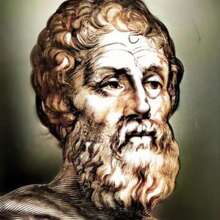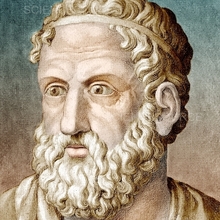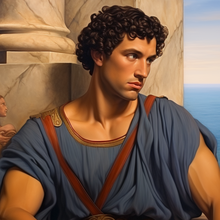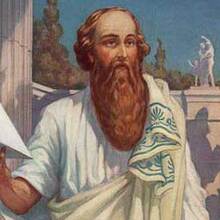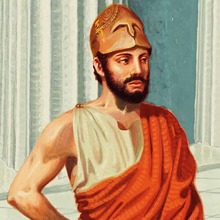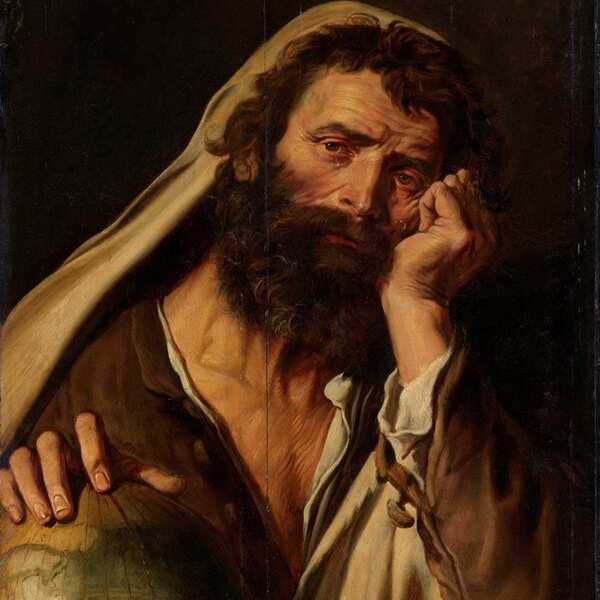
Personal
Other names:
The Obscure, The Weeping Philosopher
ὁ Σκοτεινός, ὁ Δακρύων φιλόσοφος
Job / Known for:
Pre-Socratic philosopher
Left traces:
Fragments of his book, Logos doctrine
Born
Date:
-535
Location:
GR
Ephesus, Ionia, Persian Empire
Died
Date:
-475 (aged 60)
Resting place:
GR
Death Cause:
Dropsy
Family
Spouse:
Children:
Parent(s):
Blyson (father)
QR Code:
Show More
Rank
Users ranking to :
Thanks, you rate star
Ranking
5.0
1
About me / Bio:
Show More
Article for Heraclitus
Died profile like Heraclitus
Comments:

